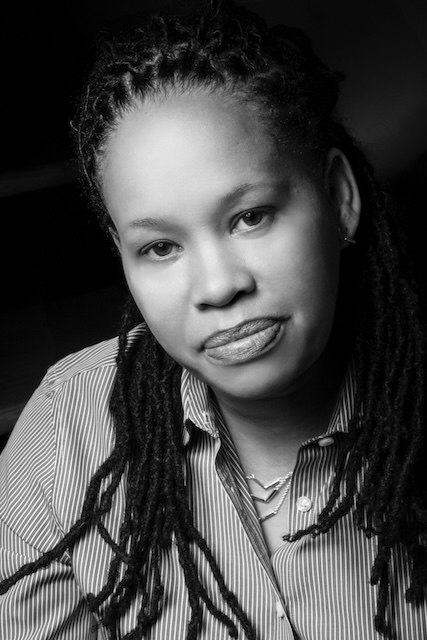J. Monique

". . .name-calling punctuates the tactless drama of reality television. It does not demonstrate class, dignity, or self-respect."
The Truth about Sisterhood focuses on women and I would be remiss if I overlooked the use of the K-word, a word just as offensive as the N-word, created to identify a group of people deemed vile and unworthy of basic humane treatment. Those atrocities, however, cannot be compared and the N-word is not the focus of this article. To identify another woman as the K-Word because she appears hateful, uninformed, and racist is dangerous. These alleged racists, whose character is amenable, can become targets. One can observe a woman, who expresses emotions or makes a poor decision, and BOOM, she’s the K-Word. It’s wrong to assume racism because these assumptions create barriers and mistrust. But we are all capable of overcoming this banal habit that keeps ethnicities apart.
If the argument is that a significant number are racist or the ones who aren’t racist, do nothing to stop the ones who are, I challenge women of color to consider that this argument is a two-way street. Consider the stereotype that women of color are loud and do not contribute to society. Neither typecast is true. One thing I’ve noticed that seems to create this dynamic of poor race relations is that racism has been employed as a weapon by the exact group that points out racist experiences. A doubtful and unsure black woman or brown woman vilifies other black women and brown women to Caucasian peers, especially the ones she deems a threat. She will sell out for approval, advancement, jobs, and a better place in society, sometimes overtly; other times covertly. These are stains most women of color avoid addressing, but they are true and unfortunately easy traps.
If black women are viewed in a negative light in the first place, who better to cosign that, than another woman of color? I bravely challenge women of diverse ethnicities to not accept this manipulation. Using derogatory terms to advance is a sign a person has personal hate. At some point in life, if a person is told he/she is less than and believes it, he/she wants to make sure every other individual of color believes this, too.
Doubtful and unsure, such a person will be hard to love because he/she has yet to embrace self. This place of unhappiness needs healing, a safe space to let go of this self-hatred. Counseling, therapy, and self-help groups are all excellent places for this rejuvenating journey. It is not an easy task and it is easier to keep these racist traps active, rather than admit personal fault. Having poor relationships with others increases and allows the division to win too often. In counseling, it is crucial to uncover parts that help and parts that hinder. Love those parts, explore those parts, and keep the focus on improvement. We can stop finding ways to disagree or use tropes as racist weapons.
Women have an opportunity to do better and improve relationships with each other and other races when each becomes comfortable with loving self first. Men and women must also acknowledge race as one of our parts and see the best of that part as the person and as the observer. If all we ever do is notice the worst, assume the worst, and believe the worst, that’s the majority in life we will experience. The worst. Strive to learn from the past.
When self-love and inner happiness are accomplished, hate is not an afforded truth or a place to land: it is difficult to move in hate. I leave you with this: in your encounters, especially those that are challenging, disarm yourself and the other person. Radiating self-love and inner happiness, being kind, and uplifting, and recognizing that race is only one part and as an individual deciding to see the best parts.
Additionally, name-calling punctuates the tactless drama of reality television. It does not demonstrate class, dignity, or self-respect. We reduce our value by stepping further into the darkness of this hatred and trophies created in the media to attract sponsors and money. It also does not address the issue at hand. Why is there comfort in responding to policing? There is nothing to police. We have always been better than this. Stop using the K-Word.